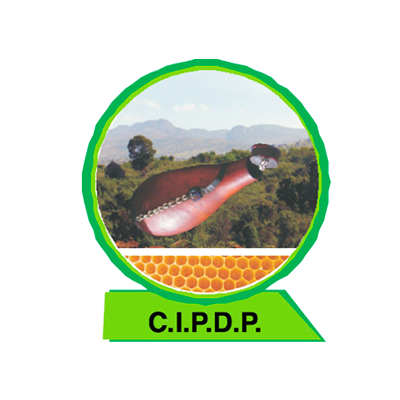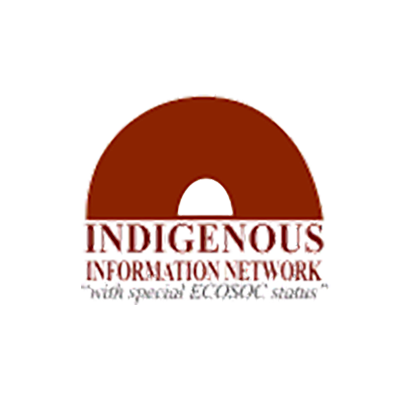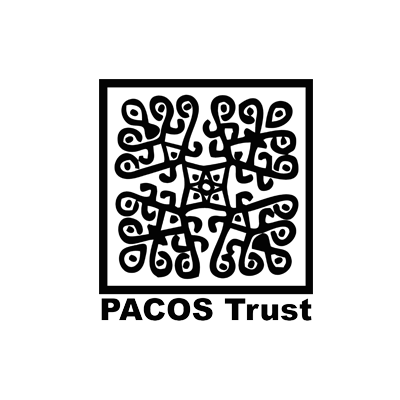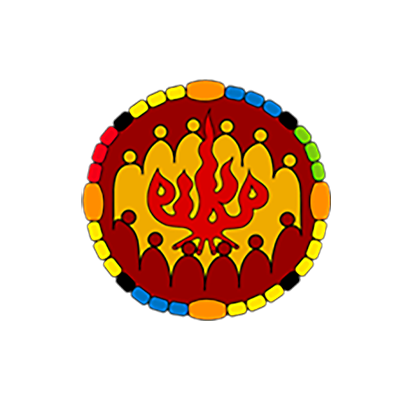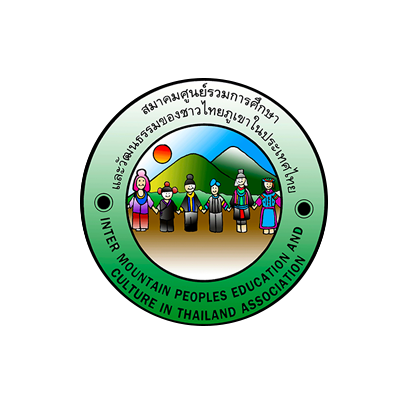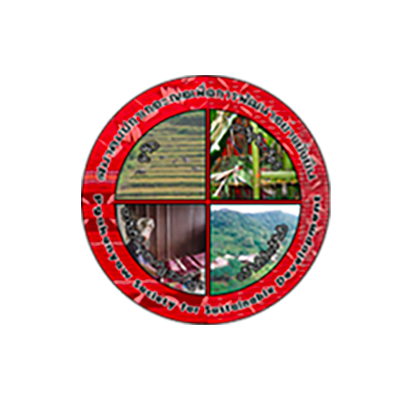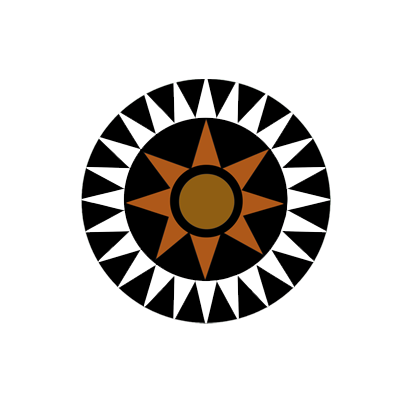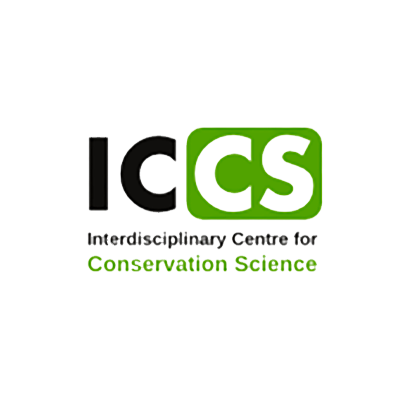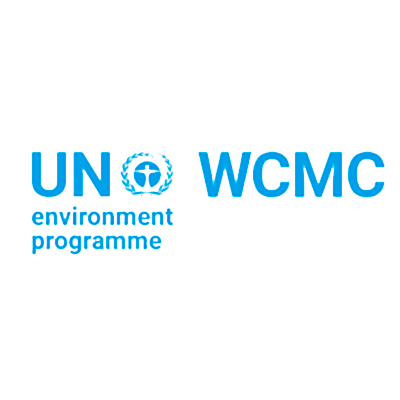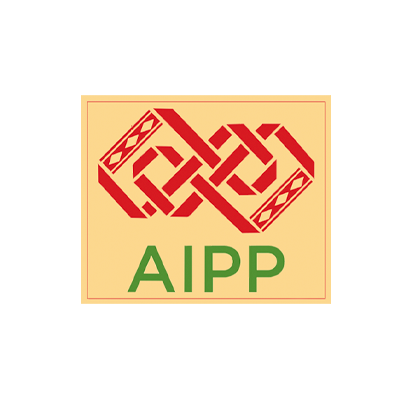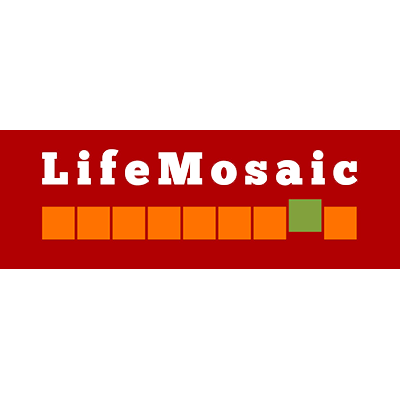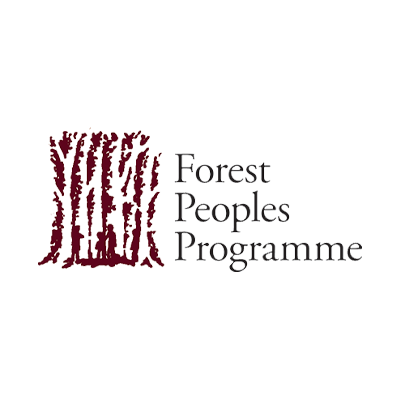Indigenous partner organisations
Transformative Pathways is a joint initiative led by indigenous organisations in four countries across Asia, Africa, and the Americas. These organisations are assisted by a network of global supporting partners.
This project is carefully designed to complement and engage with wider networks across the globe and forge new partnerships as we go.
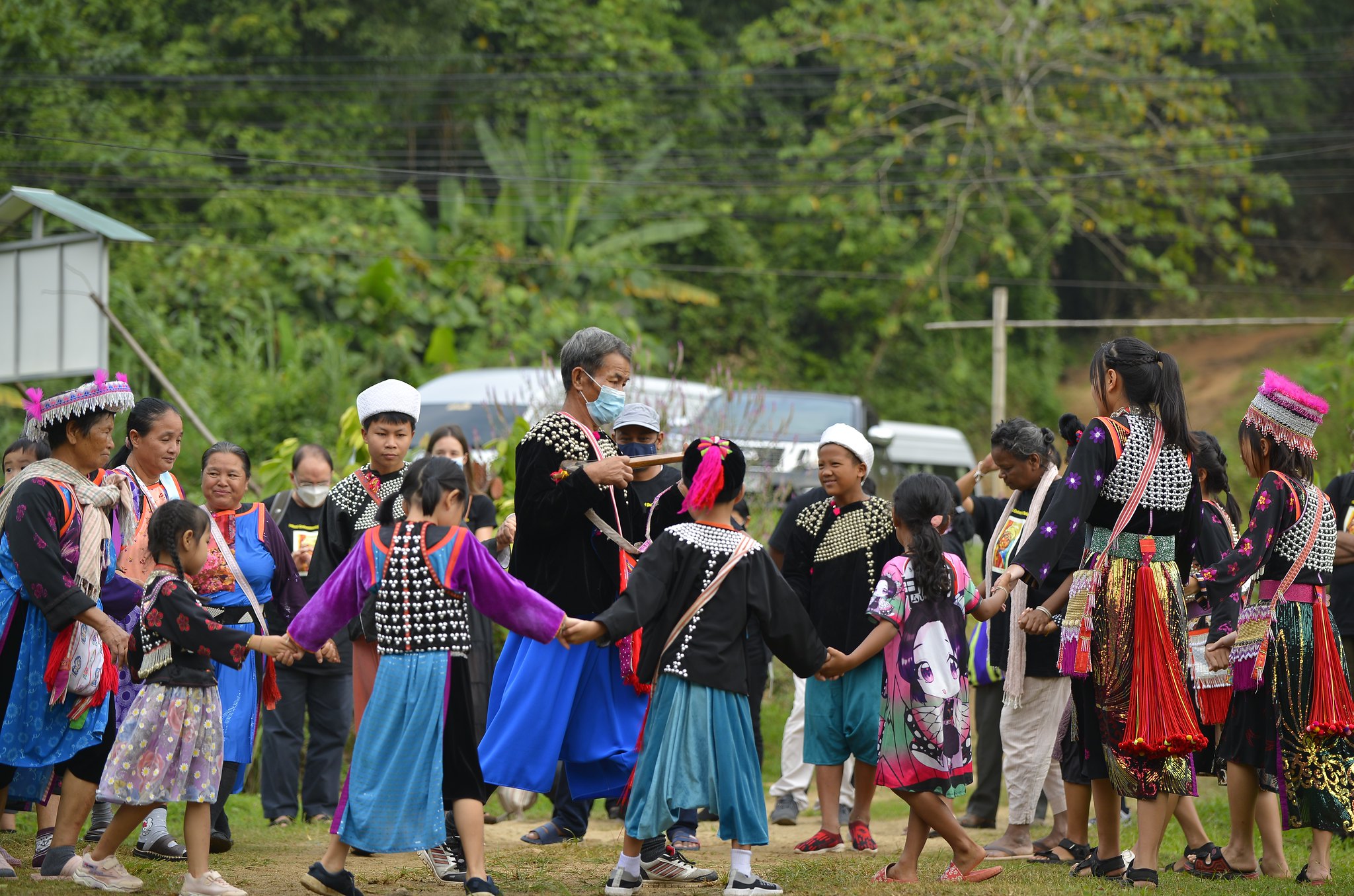
The Lisu Indigenous Peoples including men, women, youth, and children of Pang Sa village are performing their traditional dance. Pang Sa village is in the Chiang Rai Province of Thailand. Photo by Lakpa Nuri Sherpa / Asia Indigenous Peoples Pact (AIPP)
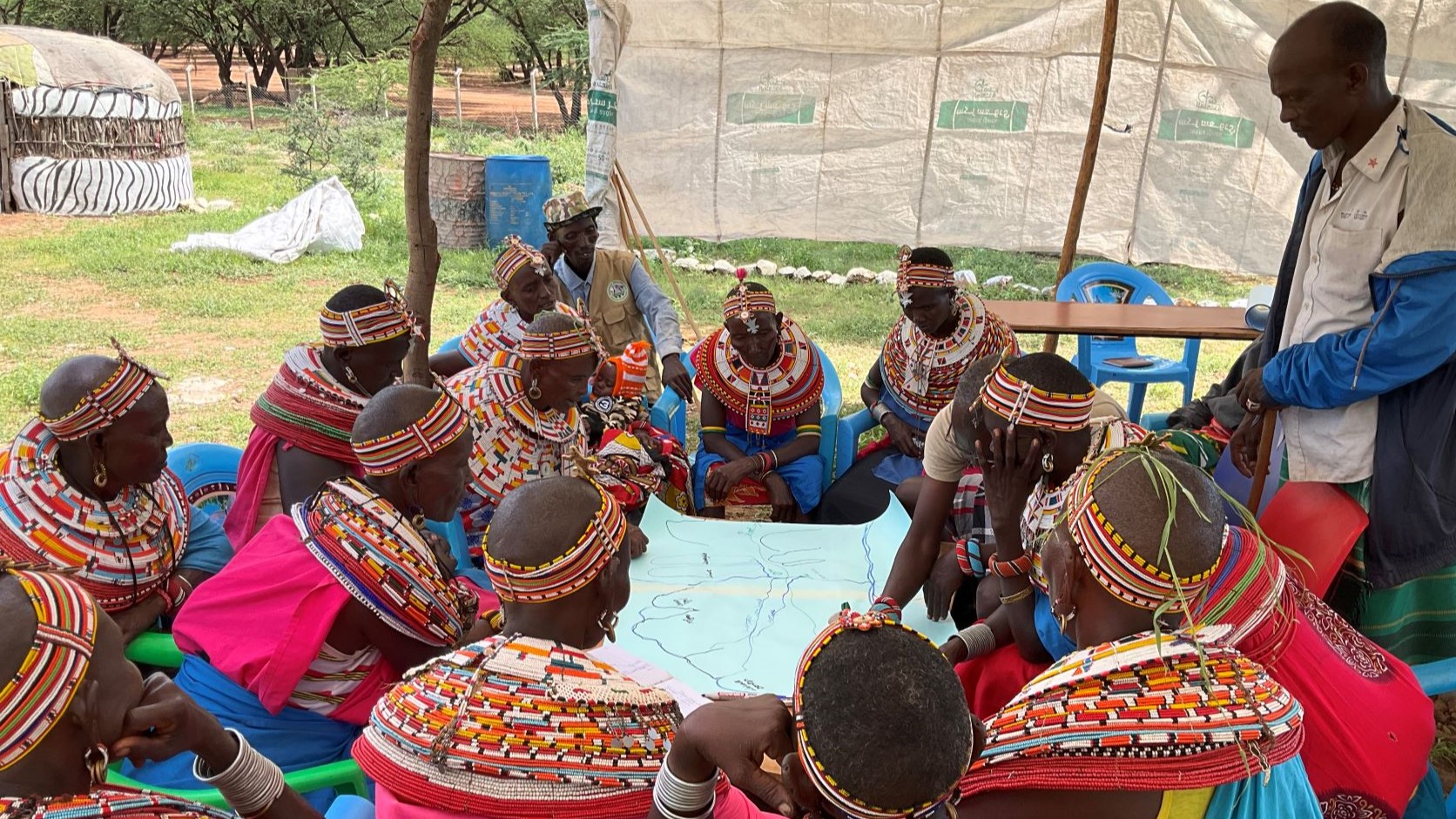
Samburu Indigenous Peoples doing Community Resource Mapping at Kiltamany. Photo by Indigenous Information Network (IIN)
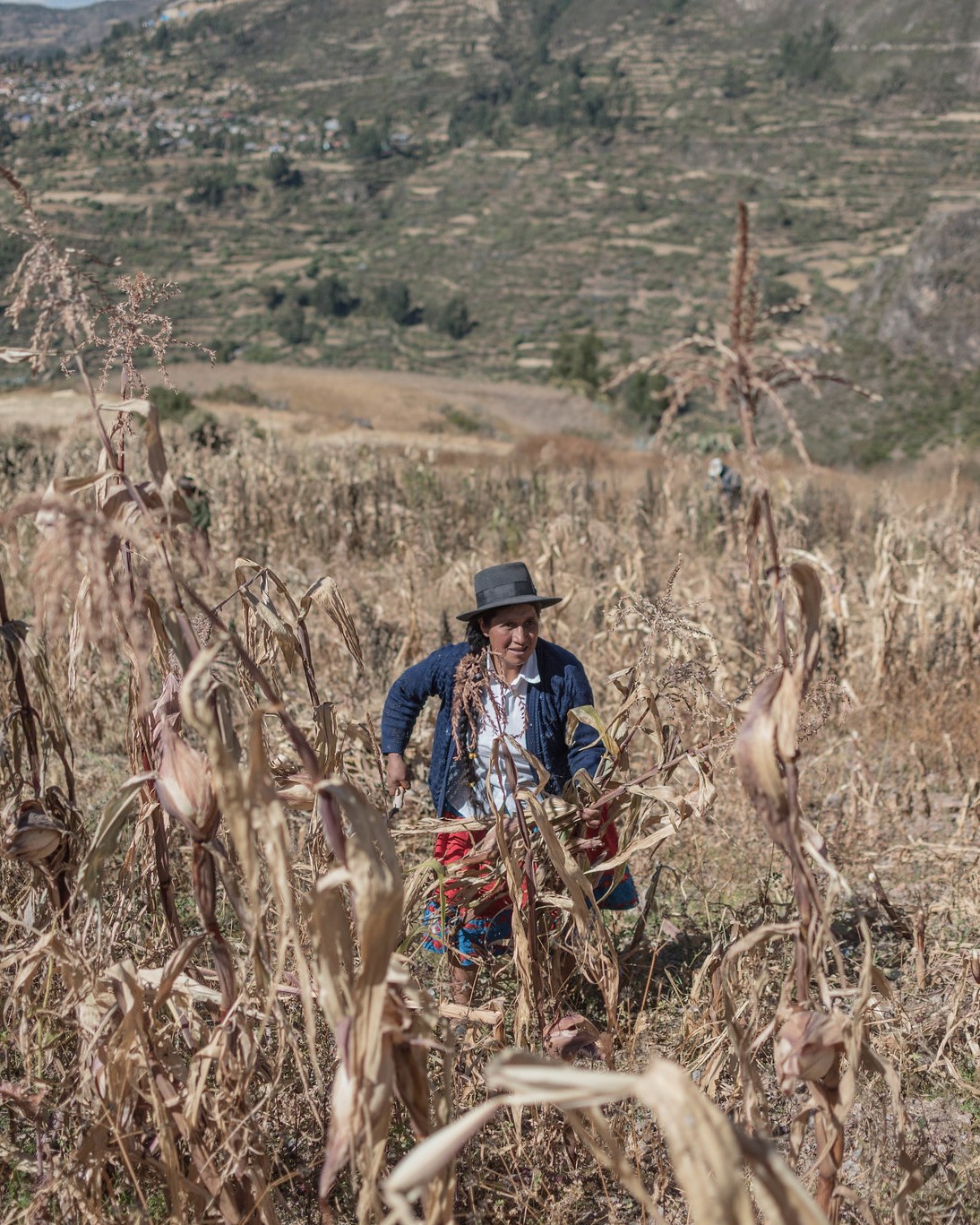
Zoraida Tinco Maldonado (40 years old), of the Quechua people, harvests corn on her farm at the end of June. Community of Hualla, Hualla district, Victor Fajardo province, Ayacucho region, Peru. Photo: Luisenrrique Becerra Velarde / CHIRAPAQ.
Dashed line
Africa
Chepkitale Indigenous People Development Project (CIPDP)
Chepkitale Indigenous Peoples Development Project (CIPDP) is the Ogiek of Mt. Elgon’s indigenous peoples’ community organisation working to support the Ogiek community regain their ability to sustain and be sustained by their ancestral lands at Mt. Elgon, Kenya.
Indigenous Information Network (IIN)
Indigenous Information Network (IIN) works on development issues that impact Indigenous Peoples and local communities with a main focus on women, children, youth and other vulnerable members of our communities. IIN recognizes that “conservation and protection of Our Environment is key since it is that environment we depend on for survival”.
Dashed line
Asia
Partners of Community Organizations in Sabah (PACOS) Trust
PACOS Trust is an indigenous community-based organisation dedicated towards supporting indigenous communities in Sabah, Malaysia. PACOS is an acronym for ‘Partners of Community Organizations in Sabah’.
Partners for Indigenous Knowledge Philippines (PIKP)
Partners for Indigenous Knowledge Philippines, Inc. (PIKP) is a learning network of indigenous knowledge holders, organizations, researchers, writers, educators, artists, and individuals in the Philippines with initiatives on promoting and strengthening indigenous knowledge.
Inter Mountain Peoples Education and Culture in Thailand Association (IMPECT)
Inter Mountain Peoples Education and Culture in Thailand Association (IMPECT) is an indigenous non-governmental development organisation founded and staffed entirely by representatives of the indigenous groups and networks involved in the Association.
Pgakenyaw Association for Sustainable Development (PASD)
The Pgakenyaw Association for Sustainable Development (PASD) is an organisation established in 2009 by Pga k’nyau (Karen) community leaders, NGOs, and concerned academics. It works to revitalise traditional learning processes and encourage the transmission of traditional knowledge to the new generation.
Dashed line
The Americas
The Autonomous Territorial Government of the Wampis Nation (GTANW)
The Wampis Indigenous Nation formed their Autonomous Territorial Government (GTANW) in 2015 to govern, manage and protect their territory, which covers 1,327,760 hectares of lowland rainforest across the Santiago/Kanus and Morona/Kankaim river basins in the northern Peruvian Amazon.
CHIRAPAQ, Centro de Culturas Indígenas del Perú
CHIRAPAQ’s mission is to generate conditions for a dignified life for indigenous peoples through proposals that facilitate the continuity and development of indigenous life systems, the promotion of organisational and formative processes for assertive and proactive action, advocacy in national and international policies and the positioning of culture and communication for the development of critical interculturality.
Dashed line
Global supporting partners
The Transformative Pathways project brings together a unique set of global collaborative partners. They assist, support and expand work done on a national level and ensure the project’s global impact and knowledge transfer. Working with these partners gives the project access to valuable global networks, through which successful initiatives are scaled up.
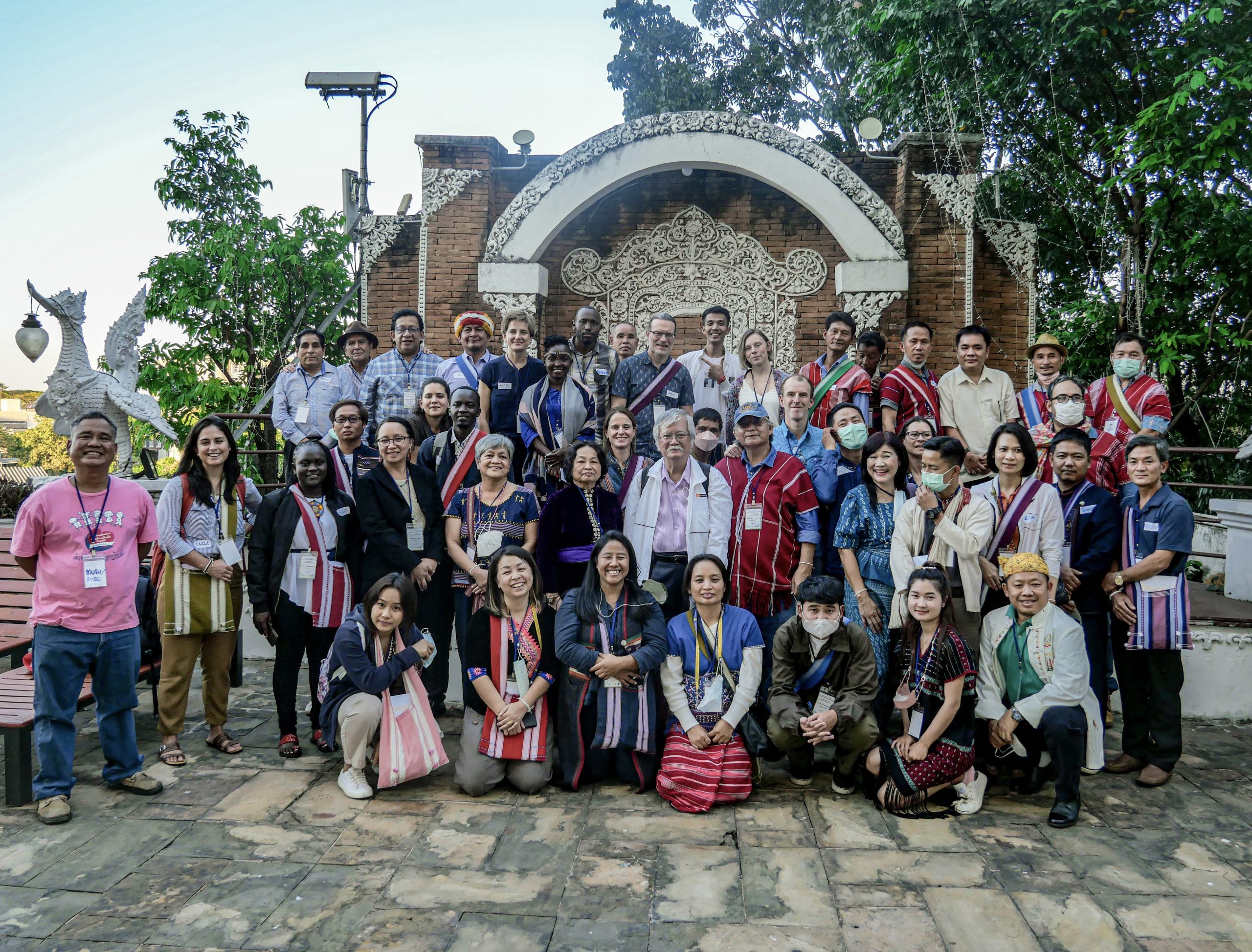
Group photo of the Transformative Pathways Annual Review and Planning Meeting, Included were community members from Thailand, indigenous representatives and staff from partners in Peru, Thailand, Philippines and Kenya, as well as staff from global supporting organizations. Chiang Mai, 2023. The purpose of the meeting was to strengthen the project, reflecting on the previous year, plan for the next, share workplans, participate in capacity-building sessions on CBD international policy processes, workshops on sharing biodiversity monitoring experiences, and advocacy strategies. Photo by PASD.
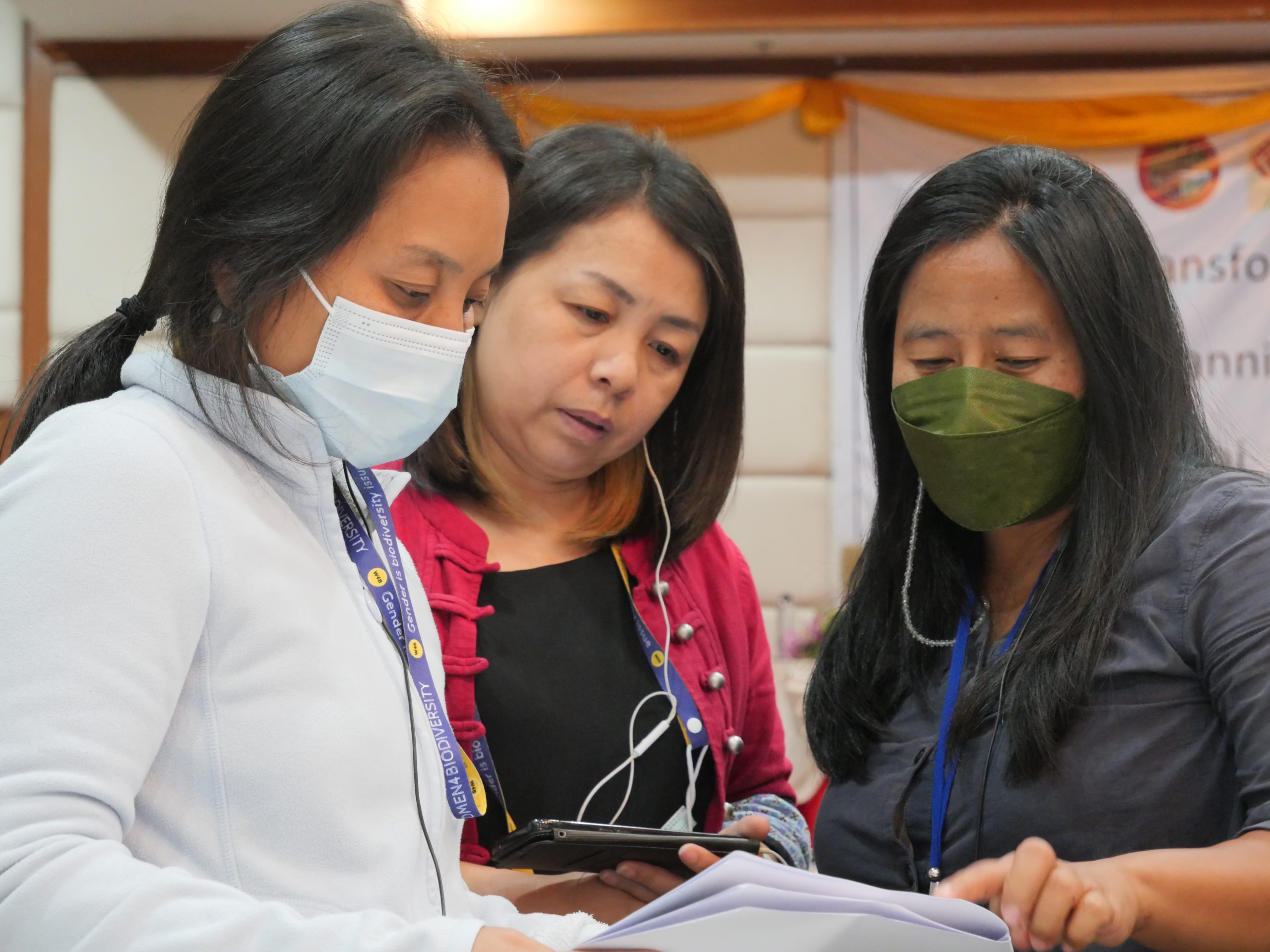
Jantanee and Nittaya (Mee) from IMPECT (Thailand) during a groupwork session at the Transformative Pathways Annual Meeting 2023. Photo by PASD.
University of Oxford’s Interdisciplinary Centre for Conservation Science (ICCS)
The Interdisciplinary Centre for Conservation Science (ICCS) is an academic research group based in the Department of Biology, University of Oxford working to address the challenges that humanity faces in halting the decline of global biodiversity.
UN Environment Programme World Conservation Monitoring Centre (UNEP-WCMC)
The UN Environment Programme World Conservation Monitoring Centre (UNEP-WCMC) works at the interface of science, policy and practice to tackle the global crisis facing nature and support the transition to a sustainable future for people and the planet.
Asia Indigenous Peoples Pact (AIPP)
The Asia Indigenous Peoples Pact (AIPP) is a regional organization founded in 1992 by indigenous peoples’ movements. AIPP is committed to the cause of promoting and defending indigenous peoples’ rights and human rights and articulating issues of relevance to indigenous peoples.
LifeMosaic
LifeMosaic is an organisation dedicated to connecting grassroots experiences across continents, sharing stories from the frontline of the social and environmental crises, and inspirational stories and strategies to build skills, hope and resilience.
Forest Peoples Programme (FPP)
Forest Peoples Programme (FPP) is an international human rights organisation that has been working with indigenous and forest peoples since 1990. It works in 20 countries across South and Central America, Africa, and Southeast Asia, with partners based in and around the tropical forest belt. FPP’s mission is to support indigenous peoples and forest communities in securing their rights to traditional lands and protecting their increasingly threatened forests and ways of life.
